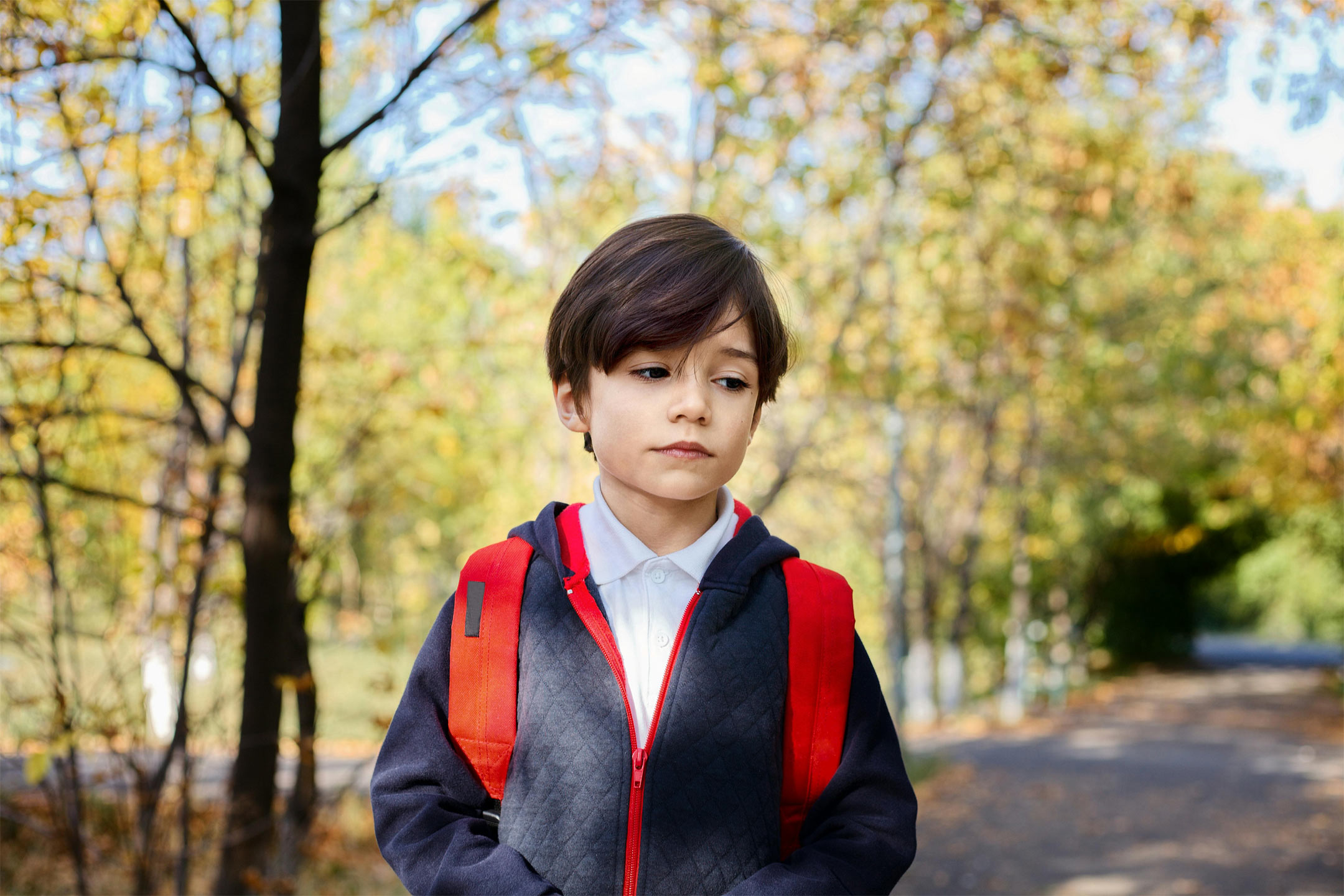
30 Oct Why Some Kids Say “I Can’t Go to School” — And What Parents Can Do
Many children who resist school aren’t being defiant — they’re overwhelmed. Learn how to spot the signs of school refusal and support your child with empathy and early help.
When school mornings turn into battles
As Term 4 begins, many parents are bracing for the return of morning struggles — tears at the school gate, tummy aches over breakfast, or a child who simply won’t get out of the car. While it’s easy to label this behaviour as stubbornness, experts say most children who resist school aren’t being difficult — they’re overwhelmed.
School refusal, sometimes called “school can’t”, is not a diagnosis but a sign that a child feels unable to cope. The causes are often complex and deeply personal, ranging from anxiety and learning difficulties to sensory overload or social challenges.
“School refusal is really complicated,” says Amanda Trist, Occupational Therapist and Area Manager with LiveBig, an allied health provider supporting children with developmental, physical and emotional challenges. “It’s not about being lazy. School just happens to be the place where the struggle shows up.”
What’s Really Behind the Struggle
Experts estimate that up to 5% of students may experience school refusal at some point. In Australia, school attendance has slipped in recent years, highlighting how widespread the problem has become.
Beneath the surface, the reasons can vary:
- Children with learning difficulties such as dyslexia or dyspraxia may find school exhausting.
- Performance anxiety can make even simple classroom tasks feel overwhelming.
- Neurodivergent children, including those with autism or ADHD, may find noisy or unstructured settings like playgrounds distressing.
- Others may be dealing with sensory sensitivities, developmental delays, or physical challenges that make school days feel unmanageable.
“When kids reach their limit, what looks like defiance is often distress,” says Trist. “These children need understanding, not punishment.”
How Parents Can Help
If every morning feels like a battle, the key is to pause and understand what’s really going on. Rather than pushing harder, experts suggest taking a detective approach:
- Talk gently about what feels hardest at school.
- Look for patterns, such as particular subjects or days that trigger anxiety.
- Work with teachers to share observations and strategies.
- Seek professional help — an occupational therapist, psychologist, or speech pathologist can uncover hidden barriers and provide coping tools.
Early intervention can make all the difference. “Parents know their children best,” says Trist. “Keeping conversations light and supportive helps kids open up — and once we know what’s driving the behaviour, we can put practical strategies in place.”
Looking Ahead with Confidence
The final term of the year offers families a chance to reset. Simple steps like predictable morning routines, breaking the day into smaller goals, and ending the day with positive, calm conversations can help children feel more grounded.
“If concerns are already there, don’t wait until next year,” says Trist. “Start seeking support now — the earlier you act, the more resilient your child can feel heading into 2026.”
LiveBig is part of the Arriba Group, which includes Rehab Management, AimBig Employment, and LiveBig. For more information, visit www.livebig.com.au.




